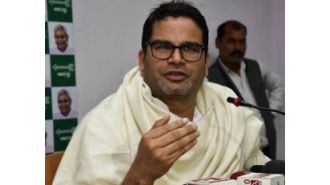The Creative Phase
The digital technology revolution was, from the day the transistor was invented in the late 40s until the early part of last decade, largely about engineering. It is still very much about engineering but I've been thinking for a while now that as this revolution matures, it is becoming more and more about creativity and less about engineering.
Why the distinction between engineering and creativity? Can't engineers be creative. Of course they can and are. Maybe there is a better word to use. But what I am trying to delineate between is the hard work of designing and building systems and the more abstract efforts to entertain, educate, and emote with these systems.
You could call it the difference between the front end and the back end. You could call it the difference between the lower layers of the stack and the upper layers. All of these are imperfect models for what I see and feel is happening.
Here's a paragraph from Steven Johnson's excellent analysis of what has happened in NYC in the past decade:
One secret to New York’s technological success lies in the Interactive Telecommunications Program (ITP), a two-year graduate course at New York University. In spite of its focus on technology, the ITP is nonetheless based in the Tisch School of the Arts, and its official description emphasises an “imaginative use of communications technologies.”
Was it accidental or intentional the ITP was located in an arts school? I don't know. I should find out. But regardless of why it was done that way, the result has been impactful. ITP churns out talented people who are half engineer, half artist. And the things they build reflect that view of the world.
When we look at our portfolio and analyze what has worked and what has not, we see a high correlation between having that "creative element" firmly ensconced into the founding team and success. The teams that are engineer heavy and creative light have not worked nearly as well as the teams that are creative heavy and engineer light.
Our portfolio is not a definitive sample. It could simply reflect our biases and therefore mean nothing. But I encourage everyone out there in tech startup land to think about this distinction and see if it rings true. Because I think we are in new territory in the digital technology revolution and some of the old rules matter less and new rules matter more. And if that is true, we ought to figure out what the new rules are and make sure we are focused on them.






